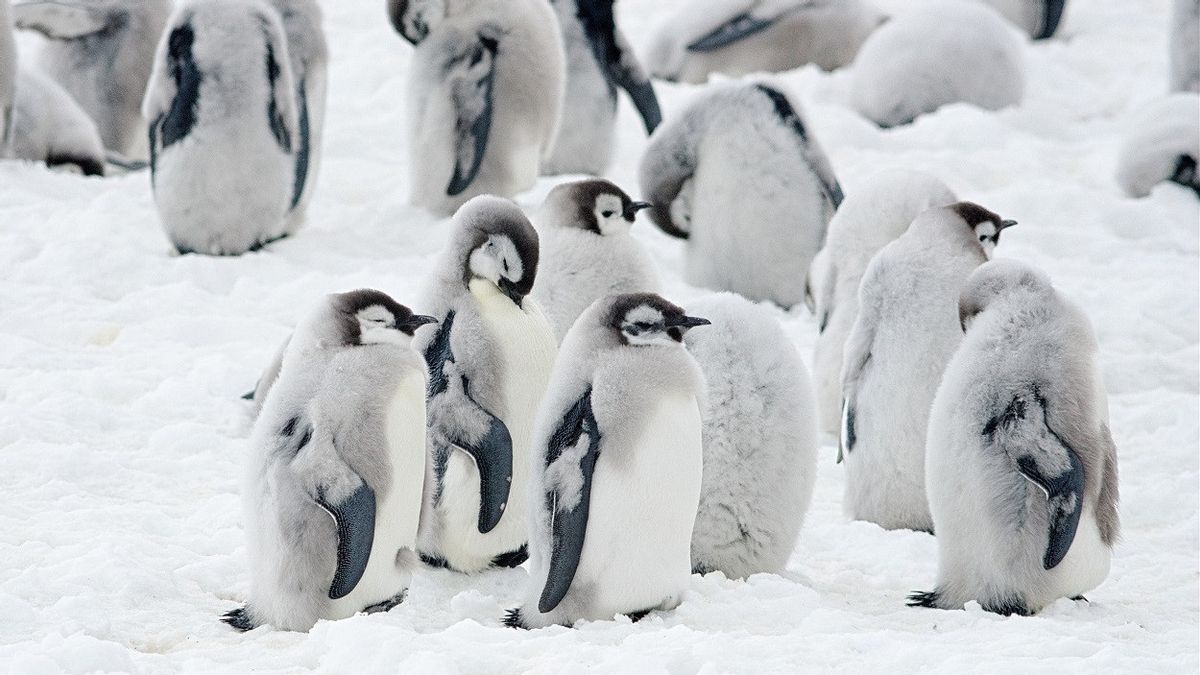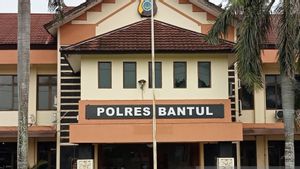JAKARTA - Satellite mapping technology has discovered a new colony of neuronsing penguin in Antarctica, scientists say.
The announcement of the newly discovered colony to mark▁membentuk's Day of Awareness, brings the total number of livenching penguin breeding sites known along the Antarctic coastline to 66, the UK Antarctic Survey said.
The site at Verleger Point, West Antarctica, has about 500 birds and is identified with brown and easily visible penguin caveo stains in snow and rocks.
Scientists studied the images of the European Commission's confirmed Copernicus 02-2 satellite mission, after comparing it with high-resolution images from the Maxar WorldView3 satellite.
Half of all the colonies known to have been found by satellite imagery, scientists said.
Peter Fretwell, lead author of the study who made the discovery, said although "attractive", the colony was small and was in an area heavily affected by the recent disappearance of sea ice.
"This is an exciting discovery. A new satellite image from the Antarctic coastline has allowed us to find many new colonies," said Dr. Fretwell, who studies wildlife from outer space, reported The National News January 20.
"And while this is good news, like many newly discovered sites, this colony is small and is in a region heavily affected by the recent disappearance of sea ice," he said.
The situate, the largest of 18 penguin species with a height of about 1.2 meters, was found in areas very difficult to study because it is remote, inaccessible and very cold, with temperatures dropping to minus 60 degrees C, scientists say.
It is known, sea ice needs to breed, but its levels will decline as climate change. Recent projections show, under current warming trends, 80 percent of colonies will become extinct by the end of this century.
The new research is funded by UKRI-NERC science agency as part of the "Wildlife from Space" project, with contributions from WWF's conservation charity.
The English, Chinese, Japanese, Arabic, and French versions are automatically generated by the AI. So there may still be inaccuracies in translating, please always see Indonesian as our main language. (system supported by DigitalSiber.id)













